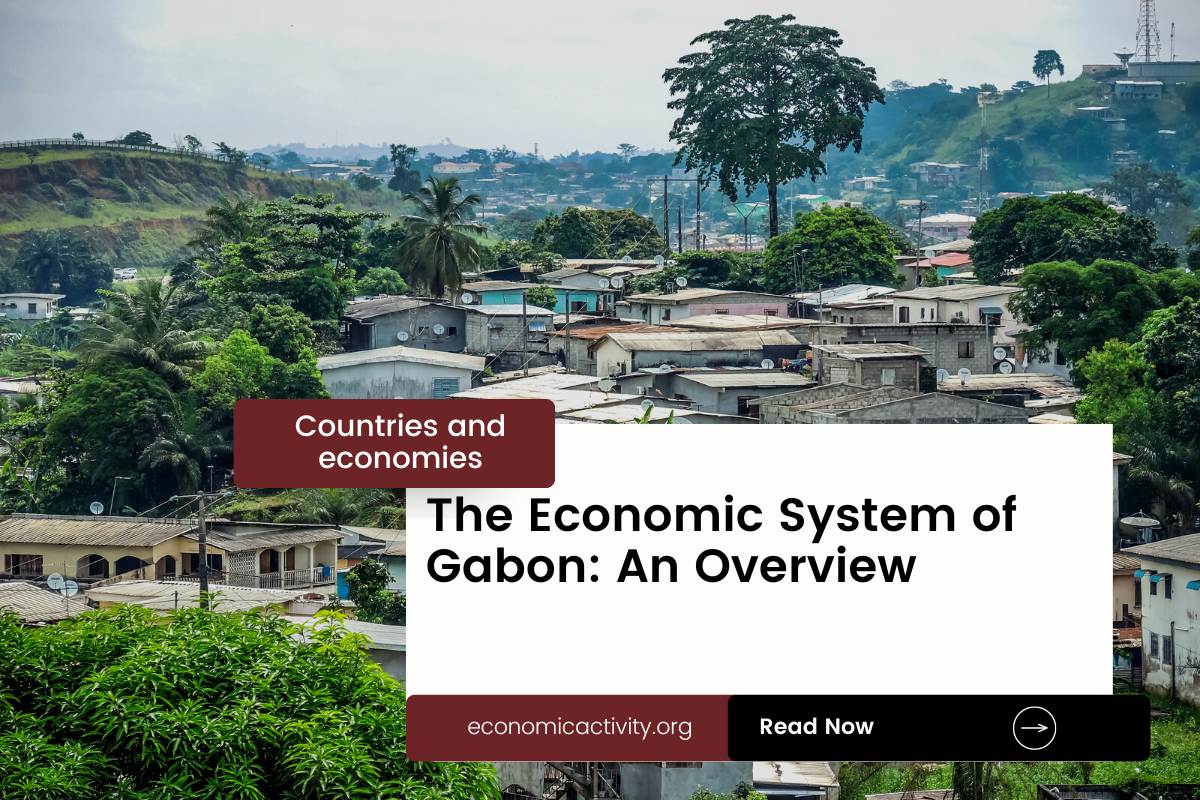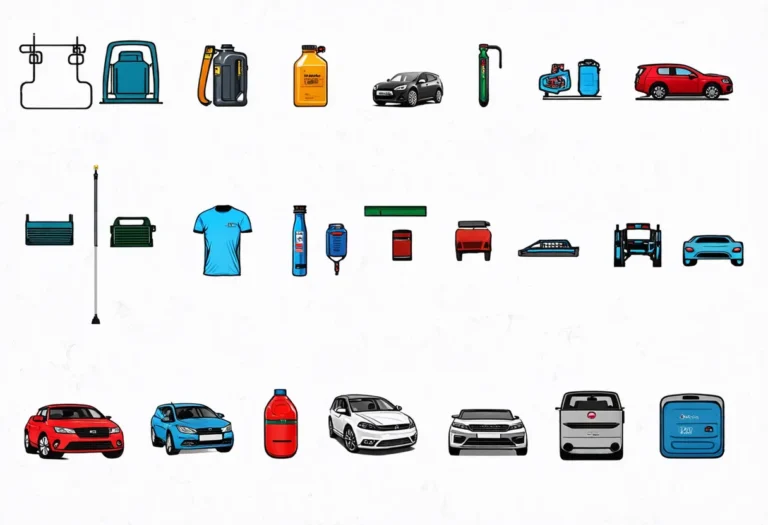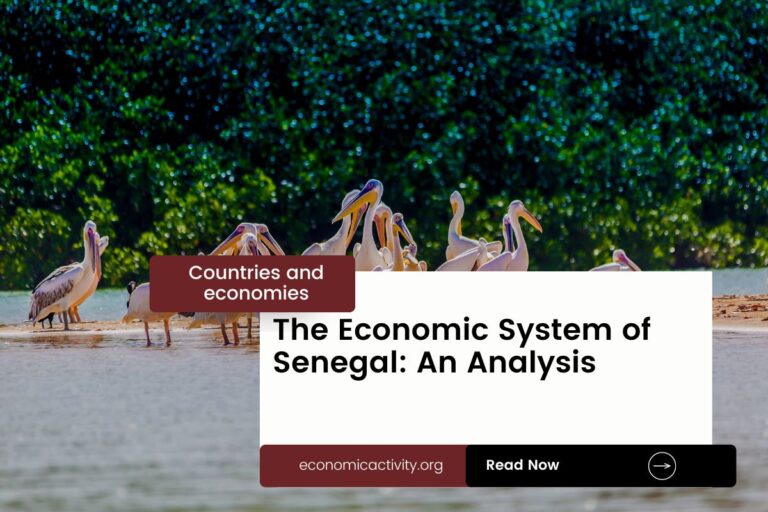What is the economic system of Gabon? The economy of Gabon is based on a mixed economy. The country’s economic system combines elements of a market economy and a planned economy.
In Gabon, the economy comprises a private sector, consisting of individuals and businesses that make autonomous decisions based on self-interest, and a public sector, where the state determines the production and distribution of specific goods and services. No country is purely capitalist or purely communist.
What do the freedom indexes tell about the economic system of Gabon?
To determine if a country is mostly a market economy or a planned economy, it is useful to examine some economic indexes. For instance, according to the 2022 Index of Economic Freedom, which measures the ability of every human to control his own labor and property, Gabon is ranked 115th globally and 19th in Sub-Saharan Africa indicating that the country has a mostly unfree economy.
In a similar way, the 2022 Freedom House index evaluates the state of political rights and civil liberties globally. Generally, market economies tend to align more with democracy and freedom, while command economies tend to be characterized by greater state control and fewer democratic and civil liberty protections.
Gabon gets a score of 21/100, which qualifies it as Not Free. Gabon is a country where the government controls what people do for political reasons, and people have limited freedom to choose (what, how much, and how to produce, whether to buy or not, selling price, etc.)
What does the biggest company in Gabon say about the country’s economic system?
The biggest company in Gabon should also be looked at, as well as whether it is a state-owned or private company. In this case, Total Gabon is a mixed private-public company from Gabon. It is owned by both the Gabonese government, private shareholders, and the French oil and gas company Total S.A.
The historical factors that have influenced the economic system of Gabon
Gabon’s mixed economy system has been shaped by its colonial history, its natural resources, and its strategic location. Colonial rule left Gabon with a legacy of state-controlled industries, while its oil and mineral wealth enabled the government to invest in infrastructure and social services.
Its strategic location has also allowed it to benefit from regional trade and investment. These factors have all contributed to the development of its mixed economy system.





Leave a Reply